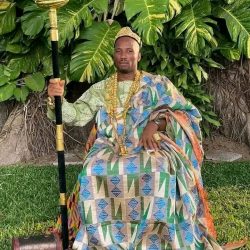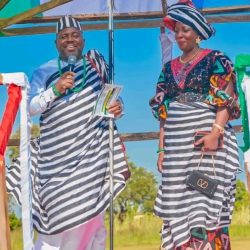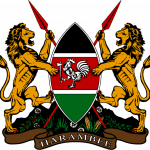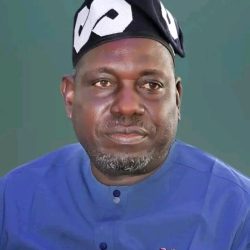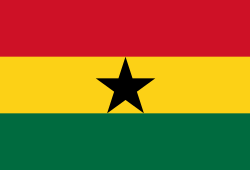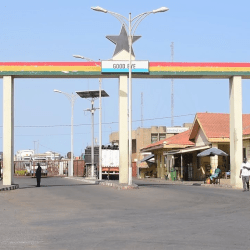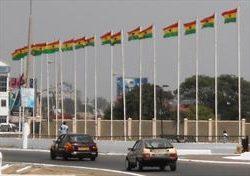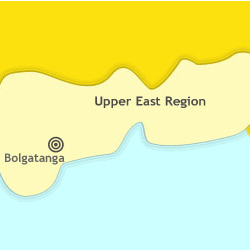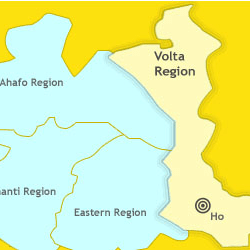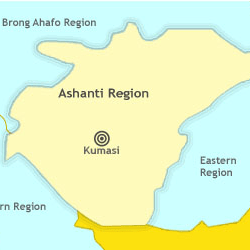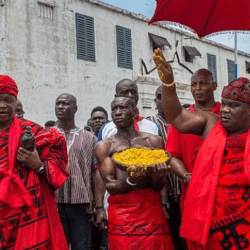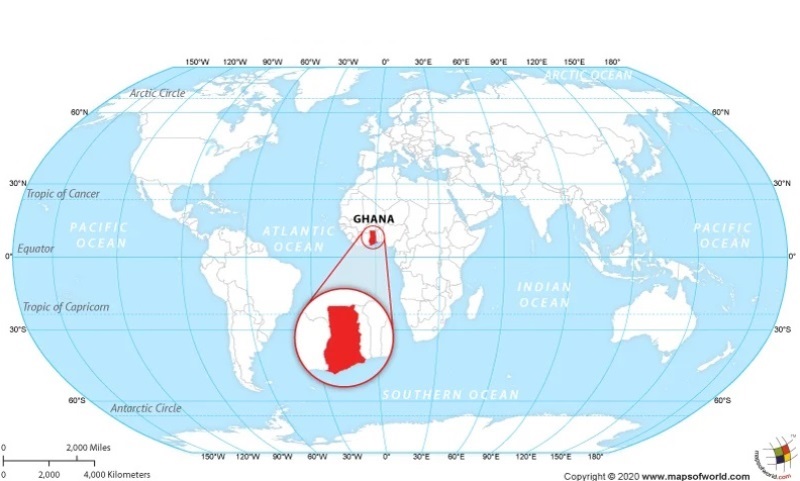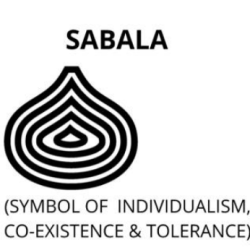Before colonial rule, traditional authority evolved in correspondence with changing conditions such as in the direction of major trade routes, in the location of international markets, struggles for the control of natural resources, and the rise of expansionist ideologies.

Since British colonial rule, the organisations and functions of the institutions have been shaped by political engineering in the form of British Orders in Council or Ordinances of the Gold Coast Legislative Assembly and of the relevant provisions of the Constitutions of the Republic of Ghana: 1960, 1969, 1979 and 1992.

The Independence Constitution Order-in-Council of 6th March, 1957, guaranteed the institution of Chieftaincy in accordance with customary law and usage, provided for regional assemblies, mainly with Local Government functions, and Houses of Chiefs in the regions.

Article 13 of the 1960 First Republic Constitution guaranteed and preserved the institution of Chieftaincy but in the form that the Government wanted it. The Chieftaincy Act (81) of 1961 consolidated previous enactments on Chieftaincy. The remaining provisions of the Act made it clear that Chiefs could function only in the manner that suited the Central Government.

The 1969 Second Republic Constitution guaranteed the institution of Chieftaincy and also provided for the establishment of a National House of Chiefs. The National House of Chiefs was to consist of five (5) members each from all the Regional Houses of Chiefs.
The 1979 Third Republic Constitution guaranteed the institution of Chieftaincy together with its Traditional Councils. It also provided that Parliament shall have no power to enact legislation which confess on any person or authority the right to accord or withdraw recognition to or from a Chief.
The 1992 Fourth Republic Constitution guaranteed and preserved the institution of Chieftaincy. It also enjoined the Houses of Chiefs to undertake the evaluation of Traditional customs and usages with a view to eliminating those that are outmoded and socially harmful. It also barred Chiefs from taking part in active party politics, and that those who wish to do so should abdicate. Notwithstanding, Chiefs may be appointed to public offices.
